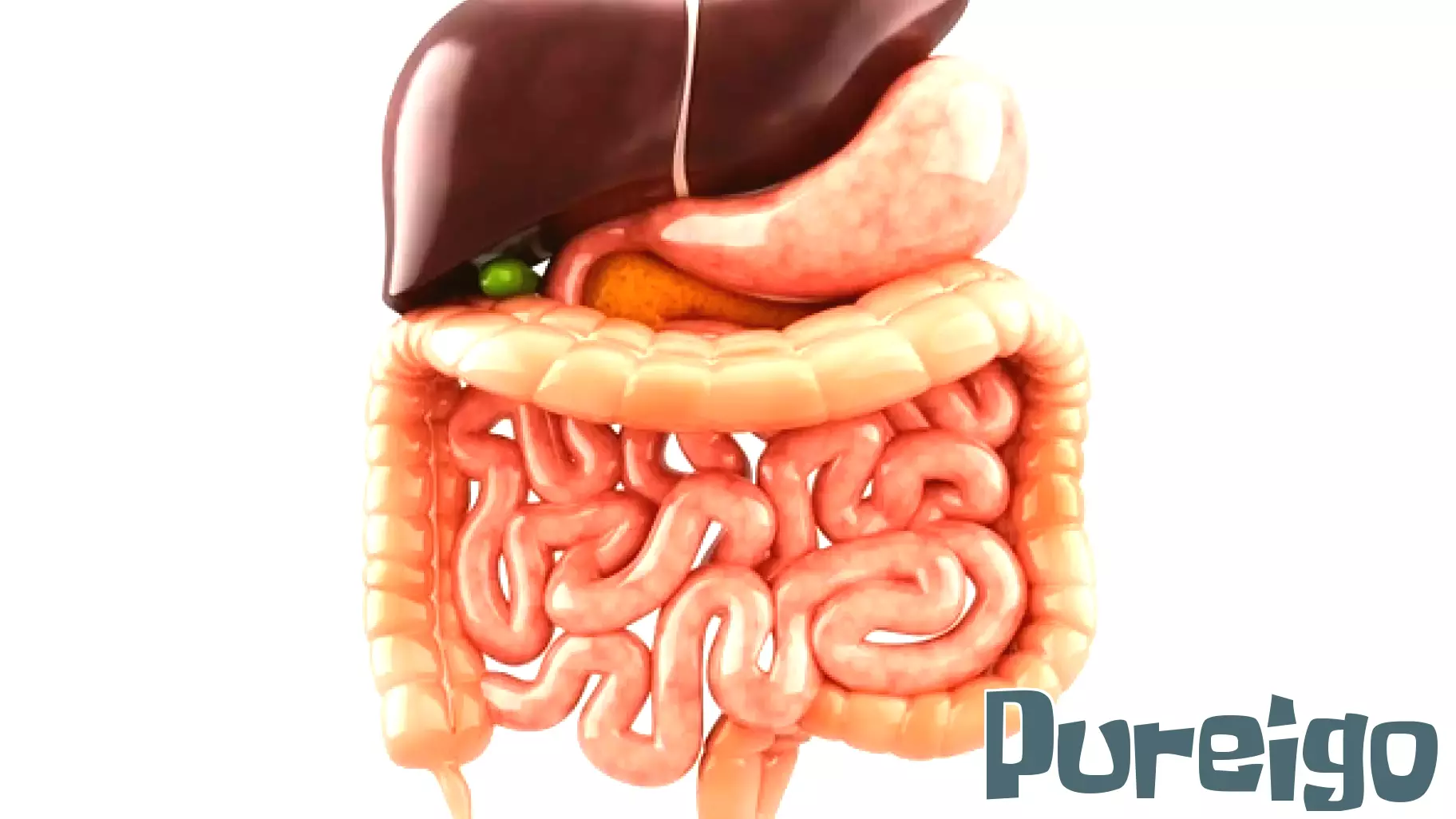March 13, 2025 - 09:20

Excessive alcohol consumption poses a serious threat to public health, accounting for roughly 6% of all deaths worldwide and contributing significantly to the global disease burden at 5.1%. The impact of heavy drinking extends beyond the immediate effects on the liver, leading to a range of digestive health issues. Chronic alcohol intake can disrupt the normal functioning of the gastrointestinal system, increasing the risk of conditions such as gastritis, pancreatitis, and even esophageal cancer.
Alcohol can irritate the stomach lining, leading to inflammation and ulcers, while also impairing nutrient absorption in the intestines. This can result in malnutrition and a host of related health problems. Additionally, heavy drinking can alter gut microbiota, further complicating digestive health and contributing to conditions like irritable bowel syndrome.
The societal implications of these health issues are profound, emphasizing the need for increased awareness and preventative measures to combat excessive alcohol consumption and its far-reaching effects on digestive health.



